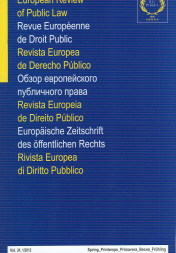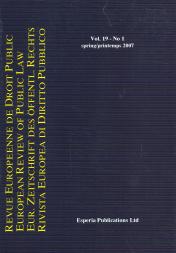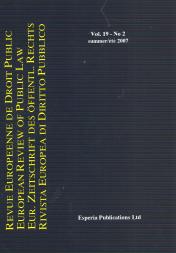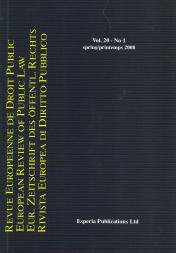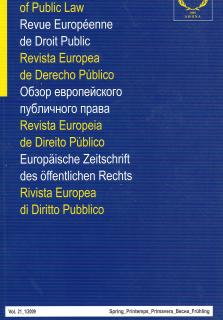
General Conclusions
Immigration: From Control towards Integration
Juli Ponce
Lecturer at the University of Barcelona, Spain
The need for a level playing field between EU Member States in addressing the issues of immigration, integration and employment has increasingly been recognised. Integration in that field seems to be a clear and unstoppable trend. A trend based on a clear assumption: the complementary linkage between immigration and integration and the need to promote a global and coherent approach to integration policies, migrant flow management, development and cooperation with the countries of origin. Regarding the aspects related to the control of admissions and the management of migrant influxes, the first tendency to be underlined is clear: the Community acquis has increased spectacularly in less than 10 years. And it will increase more in the forthcoming years. In relation to legal mechanisms, the legal tools used by EU migration policy have some original trends. This is the case of using classic methods with remarkable effects. These are the cases of the principle of mutual recognition and harmonisation in combination with enforcement cooperation. An important point to keep in mind is the need to strike a proper balance between the effective and efficient management of migrant influxes and the rights of individuals. As regards integration, the integration of third-country nationals in the Member States is one of the greatest challenges facing the common immigration policy and a key element in promoting economic and social cohesion within the EU. The Common Basic Principles for immigrant integration policy in the EU, adopted in 2004, open the door to an increasing relevance of legal developments in the future, both at the national and EU levels. In relation to the latter, anti-discrimination policy is an important part of the EU’s approach to immigration, inclusion, integration and employment.













